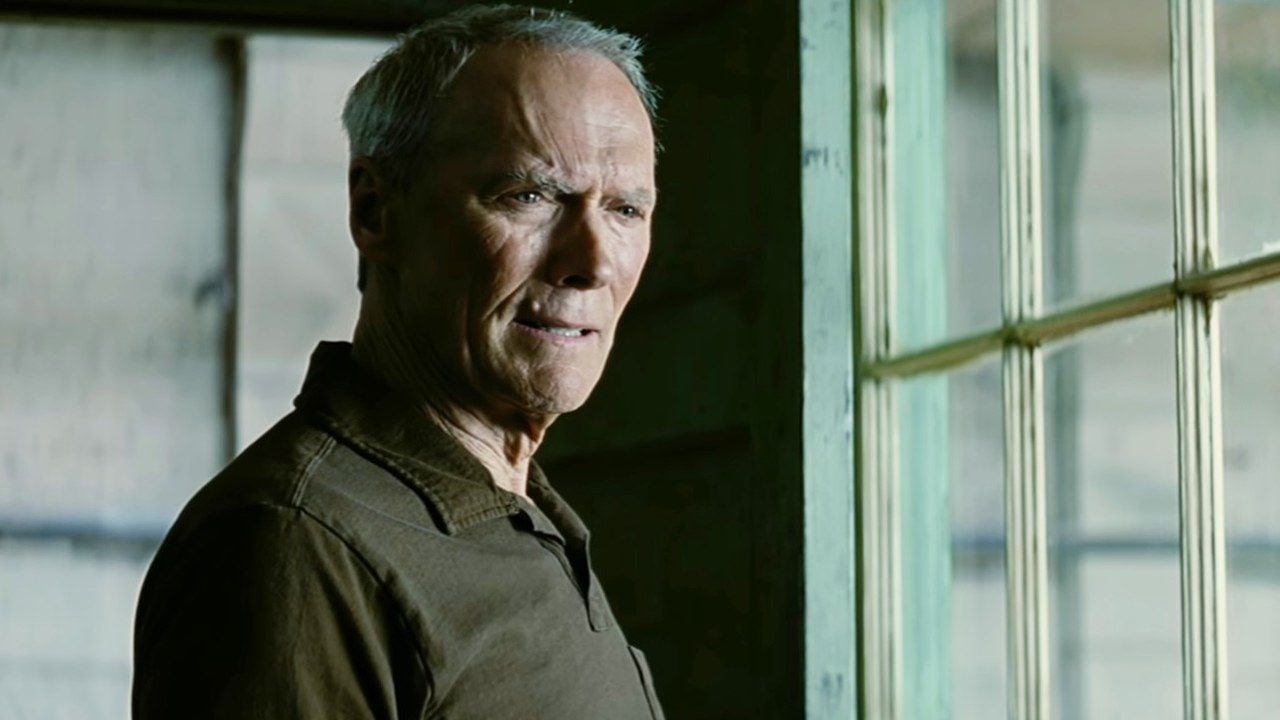The arrest in France of Pavel Durov, the messaging app’s CEO, has reignited discussions in the EU about how to hold the social network accountable for abuse. This could set a dangerous precedent, digital rights advocates warn. What should be done with a social network that doesn’t seem willing to follow what a country’s authorities decide to do to combat harmful and illegal content?
The issue is at the heart of a debate sparked by the arrest and investigation in France of Telegram CEO Pavel Durov – and, more recently, the suspension of X (formerly Twitter) in Brazil by Minister Alexandre de Moraes, of the Supreme Court of the Federal Tribunal (STF).
Julian Jaursch, an expert on platform regulation at the Berlin think tank Interface, sums up the dilemma this way: “It’s about what European Union member states and the EU, or other democratic countries, do with platforms that don’t follow the rules and refuse to provide information to the authorities.”
Durov was arrested on the 24th at Le Bourget airport in Paris, after returning on his private jet from a trip to Azerbaijan.
After spending more than 80 hours in police custody, the businessman was released and formally charged with enabling the spread of harmful content on Telegram.
Following his arrest, Durov’s supporters – including billionaire Elon Musk, owner of X – came to his defense, accusing the French authorities’ actions of censorship.
France, for its part, denies the accusations. Via X, President Emmanuel Macron said the arrest was “in no way a political decision.”
“In a state governed by the rule of law, freedoms are guaranteed within a legal framework, both on social media and in real life, to protect citizens and respect their fundamental rights,” Macron said. “It is up to the judiciary, in a completely independent manner, to apply the law.”
But digital rights advocates told DW they were concerned about the French authorities’ actions. They warned that the case could set a precedent, leading other countries to force social networks to comply with overly broad or even illegal measures.
“It could also lead to more stringent content moderation measures by other social networks and media platforms that could lead to censorship,” says Natalia Krapiva, technology legal advisor at the NGO Access Now. “This would harm all users, but especially civil society activists and independent media, who already operate in repressive environments.”
Pro-democracy tool and criminal haven
Telegram is, more than any other major social network, famous for its minimalist content moderation. This has made it an important tool in organizing the efforts of pro-democracy activists from Iran to Hong Kong.
However, Telegram has also become a safe haven for extremists and conspiracy theorists, as well as a tool for cybercriminals.
French authorities began investigating Telegram after the company ignored most requests for assistance in investigating crimes committed using the platform, according to a statement from the Paris prosecutor’s office.
When they released Durov, they announced that he was being investigated for a number of crimes: alleged complicity in the operation of an online platform that facilitates illegal transactions, dissemination of material depicting sexual violence against children, promotion of drug trafficking, fraud, and providing an unlicensed encrypted messaging service.
In response, one of Durov’s lawyers told reporters that it was “completely absurd to think that the head of a social network could be involved in criminal acts that do not concern him, directly or indirectly.”
Next steps in France and the EU
In the French judicial system, a formal investigation is a prerequisite for a case to go to trial, but it is not a guarantee that a trial will take place. If authorities conclude that there is insufficient evidence, the case may be dismissed before trial.
For now, Durov cannot leave the country and must report to the police twice a week, according to the Paris prosecutor’s office.
As the investigation in France gains momentum, attention is also turning to the EU, which is leading efforts to regulate digital platforms in the bloc.
In late 2022, the EU passed the Digital Services Act (DSA), a comprehensive regulatory framework designed to hold social networks accountable for what happens on their platforms.
Jan Penfrat of the Brussels-based digital rights organisation EDRi stressed the need for the EU to enforce DSA and address the role of Telegram.
“With all eyes on Telegram and the situation in France, European authorities need to act now,” Penfrat told DW. “Otherwise, people will start to see DSA as a paper tiger.”
One major issue is the number of Telegram users in the EU. The DSA tightens regulation on platforms deemed “very large,” meaning those with more than 45 million active users in the bloc — just above the 41 million Telegram reported to the EU in February.
The EU is now investigating whether Telegram provided inaccurate data. If authorities conclude that the company underreported this data, the platform could face a series of fines.
“The DSA is new and many of its tools are untested, but it includes several measures to force Telegram to better cooperate with authorities,” Penfrat said.
These measures include heavy fines, up to 6% of global revenue, and even temporary blocking of these platforms.
“Telegram will be putting DSA through one of its first big tests,” Penfrat said.
Source: Terra
Rose James is a Gossipify movie and series reviewer known for her in-depth analysis and unique perspective on the latest releases. With a background in film studies, she provides engaging and informative reviews, and keeps readers up to date with industry trends and emerging talents.






